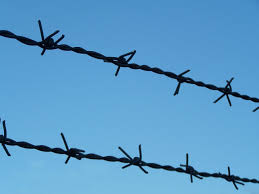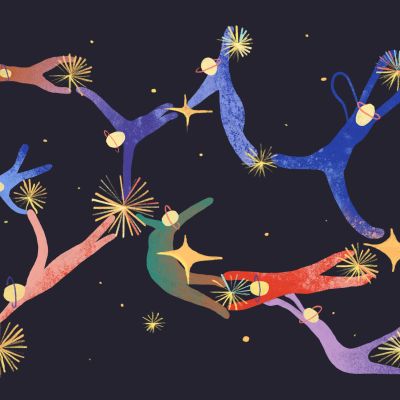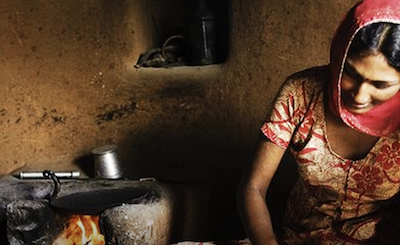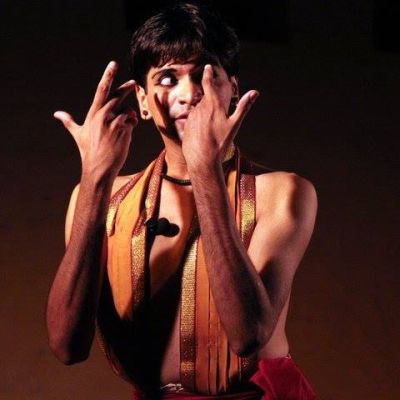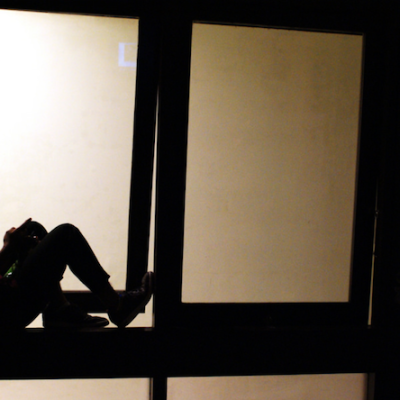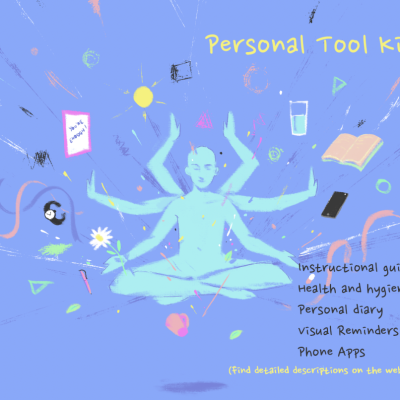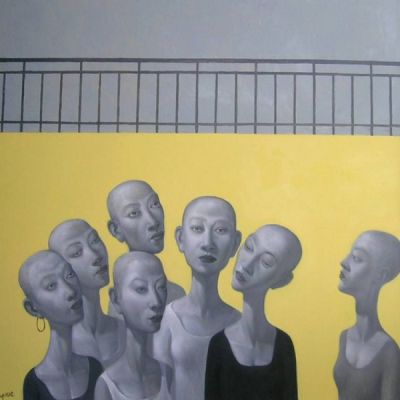Categories
The Sexuality of Migration speaks only to gay men from Mexico. It is reticent on the issues of other non-normative sexualities such…
The pandemic has put us through interesting times, to say the least – of reflecting, learning, realigning, thinking about what really matters, a time to pause and care for ourselves with kindness. At TARSHI, we’re just delighted to have been able to do the same – while also sharing something of what we’ve learnt with you.
The institution of family and the conventional understanding of the same has been conveniently romanticised and glorified in a heteronormative…
Singleness represents eschewing all that patriarchy imposes on us in the name of emotional and financial protection. Women who decide not to marry defy age-old ‘wisdom’ mixed with terrible psychological and biologically-backed explanations.
I started learning Bharatanatyam in 1988, when I was six years old. Looking back, it feels like beginning to learn…
You see, you are being pushed and pulled in all directions because people around you, whether family, friends or the larger society, expect you to behave in a particular fashion and stick to existing norms. However, your inner voice is telling you to challenge these norms and follow your own path.
Beauty – a word that often haunts me, and ironically also a key idea in the process of my own…
The short-lived thinness had left me before I knew it. I became fat, and thereby undesirable, once again. A chasm appeared in my relationship with my body. Its ways of responding had become strange. My form became unfamiliar to me, and to those around me.
In a country like India where both mental health and non-binary identities are topics that are neglected despite being essential parts of an individual’s identity, it can be quite challenging to navigate through issues regarding the same. Accessibility to affordable and quality mental health services is a serious difficulty that the queer Indian population faces.
This article was originally published in Gaysi. Despite the categorization on OTT platforms, Anime is more medium than genre. As…
Were there more people like my father? Was it legal? I read about sexual diversity and how people of all sexual orientations should have the same rights[1], the LGBT community, and so on, and what the law says about them. Though the picture is not a completely happy one, a lot of work is going on in this area and there is still hope for the future.
Therapy gives us tools and time, but the actual work of dismantling the forest is ours as we are the only persons with access to that forest. So queer affirmative therapy validates our beliefs and helps us identify the poison, cut it down, dissect it, unroot it.
Therapy is a space to heal and grow. It helped me to accept my identity as an anxious, cisgender, South Asian, bisexual woman. Moreover, I have come up with the perfect response next time someone asks me, “But why do you think you are bisexual?”
People’s movements and sexuality. There is dissonance in this. Hugging trees, protesting dams, Swadeshi and boycott, anti-apartheid, anti-psychiatry, anti-war, child rights, flags, banners and marches. What does hugging a tree have to do with sexuality? Women’s rights, gay pride, these movements are people’s movements quite regularly seen in the frame and context of sexuality. But the others?
When I was 16, I thought: ‘Some topics in physics have no benefit for students throughout their life. For instance,…

